Food Waste: Another Issue to Deal With
*Video is credited to Fox Business via youtube.com
Wasted food, wasted money, unappreciated food producers.
I have been living on a tight budget for the last few weeks for I am running out of allowance. Living on a tight budget means that I have to be more careful about what to buy, think about smart spending. There were times that even when it comes to my food, I have to be price conscious too, I cannot afford to waste money and at the same time waste food with the situation, I am in.
Another thing that makes me think about food waste was when I walk around our street and saw these farmers, who were getting ready to start the planting rice season and at the same time, the issue of rice supply shortage around the country and prices were high, it is time to appreciate every grain by not wasting any single grain that is put on our plate.
But what is the real deal with food waste?
Let me get down to details by the definition first.
Food Waste: What is all about?
Wasting food is like stealing from the poor.--Pope Francis
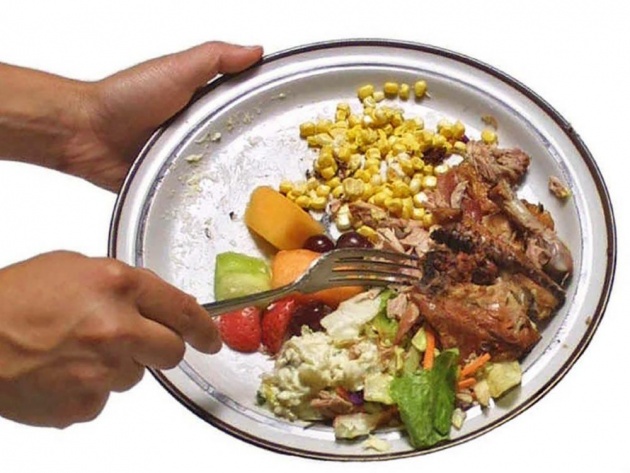
*Image is credited to foodsafetytrainingcertification.com
Food waste or food loss is food that is discarded or lost uneaten. The causes of food waste or loss are numerous and occur at the stages of producing, processing, retailing and consuming. And it means, before it gets to our plate, there has been an amount of food that was being put to waste.
Global food loss and waste amount to between one-third and one-half of all food produced. Loss and wastage occur at all stages of the food supply chain or value chain. In low-income countries, most loss occurs during production, while in developed countries much food – about 100 kilograms (220 lb) per person per year – is wasted at the consumption stage.
Up to 40 percent of the food in the United States is never eaten. But at the same time, one in eight Americans struggles to put enough food on the table. Isn’t it ironic and saddening at the same time?
Around 88 million tonnes of food is wasted annually in the EU, with associated costs estimated at 143 billion euros. Why some part of the world are struggling with what they earn just to provide food for their family, making every cent count, there has been a huge amount of food that if it is converted to money, it can feed a huge number of families.
Wasting food is not only an ethical and economic issue but it also depletes the environment of limited natural resources. With the high volume of food being wasted, the effect will go back to the place where they were grown or produce and thus affecting the farmers or producers.
Lost food may go to landfills, be put back into the food supply chain, or be put to other nonfood productive uses. Most people don't realize how much food they throw away every day — from uneaten leftovers to spoiled produce. About 95 percent of the food we throw away ends up in landfills or combustion facilities.
How can we reduce the number of food being put to waste?
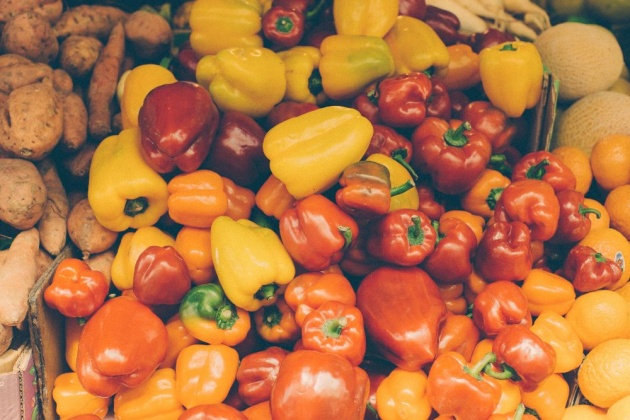
*Image is creedited to www.foodbanknsw.org.au
Ways to reduce food waste.
Cutting food waste is a delicious way of saving money, helping to feed the world and protect the planet.--Tristram Stuart
At home alone, there are things we can do with regards to the reduction of food waste and here is some of it.
1. Making a food plan.

*image is credited to i0.wp.com/sublimereflection.com
Making your food list or meal plans ahead of time will make you think and have everything prepared beforehand. Aside from that, you can save some time and money when going to the grocery store.
2. Storage.
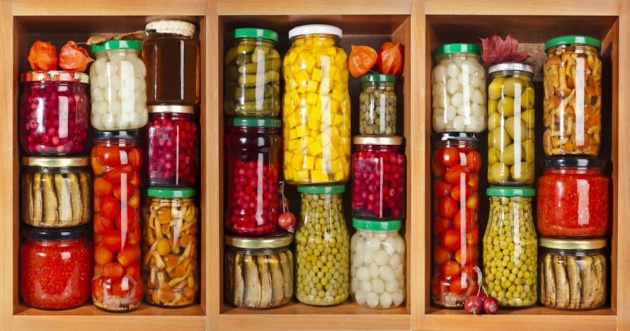
*Image is credited to tipsforsurvivalists.com
This refers to the life of certain food that you are going to store in the refrigerator. t is easy to overbuy or forget about fresh fruits and vegetables. Store fruits and vegetables for maximum freshness; they’ll taste better and last longer, helping you to eat more of them.
3. Preparation.
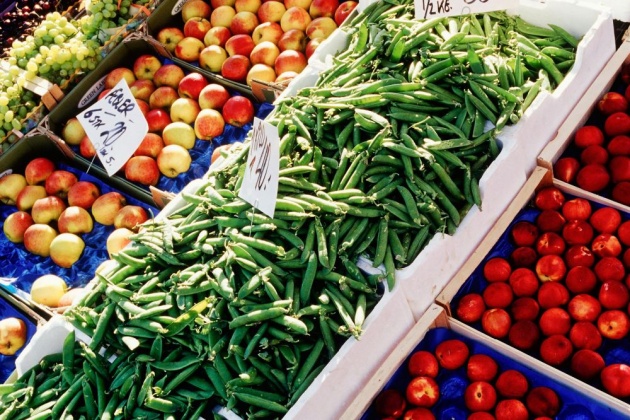
*Image is credited to nationalgeographic.com
This is like what will be the food to have it prepared first, as a priority. Prepare perishable foods soon after shopping. It will be easier to whip up meals or snacks later in the week, saving time, effort, and money.
4. Thriftiness.
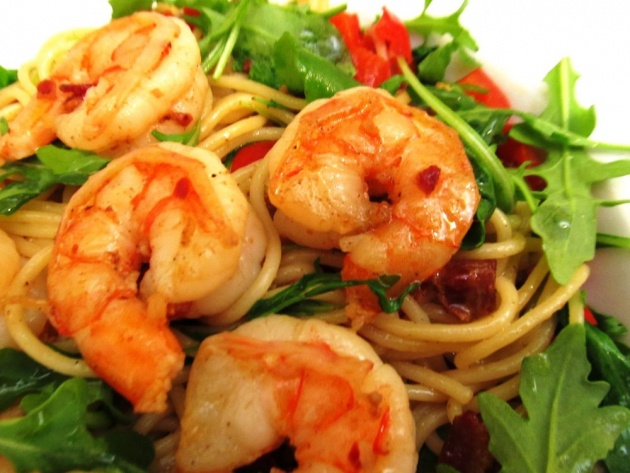
*image is credited to 3.bp.blogspot.com
Don’t think that I end up the ways with what I usually do, but it works somehow. Be mindful of old ingredients and leftovers you need to use up. You’ll waste less and may even find a new favorite dish. Make something new with the old, and that is what I always do, lol. Remember New out from the Old. From left over roasted chicken to chicken soup or sandwich.
*Video is credited to hungry healthy happy via youtube.com
In reducing food waste, what will be the benefits?
- Benefits of reducing food waste.
- Saves money from buying less food.
- Reduces methane emissions from landfills and lowers your carbon footprint.
- Conserves energy and resources, preventing pollution involved in the growing, manufacturing, transporting, and selling food (not to mention hauling the food waste and then landfilling it).
- Supports your community by providing donated untouched food that would have otherwise gone to waste to those who might not have a steady food supply.
Personal Thoughts.
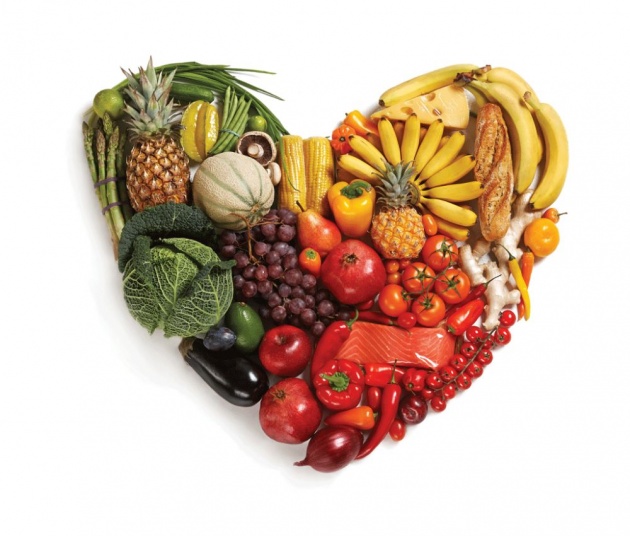
*image is credited to rca.asn.au
“Throwing away food is like stealing from the table of those who are poor and hungry.--Pope Francis
When we were younger, our parents would give us a sermon over the table if we are acting as picky-eaters, my father would tell us that we have to think of the children who are not eating and dying out of hunger and this scenario is being passed on over the young ones.
As a child way back then, I admit that never have this “picture” of people who barely eat one meal a day or worst, who have nothing to eat, but as I grow up, I have seen the real deal of what is really hunger is in some parts of the world.
Food waste is a serious issue that needs to be dealing with, look further and as much as possible, has to be taken care of. It is heart-breaking to see kids on skin and bones and can’t stop myself to be frustrated with people who don’t see food as a GRACE that not everyone is blessed with it.
It is about time to think about what we put to waste and who should be benefited from it.
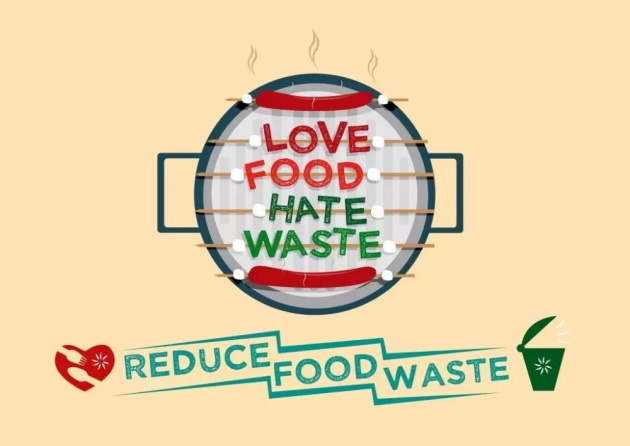
*Image is credited to blueandgreentomorrow.com



